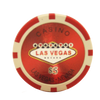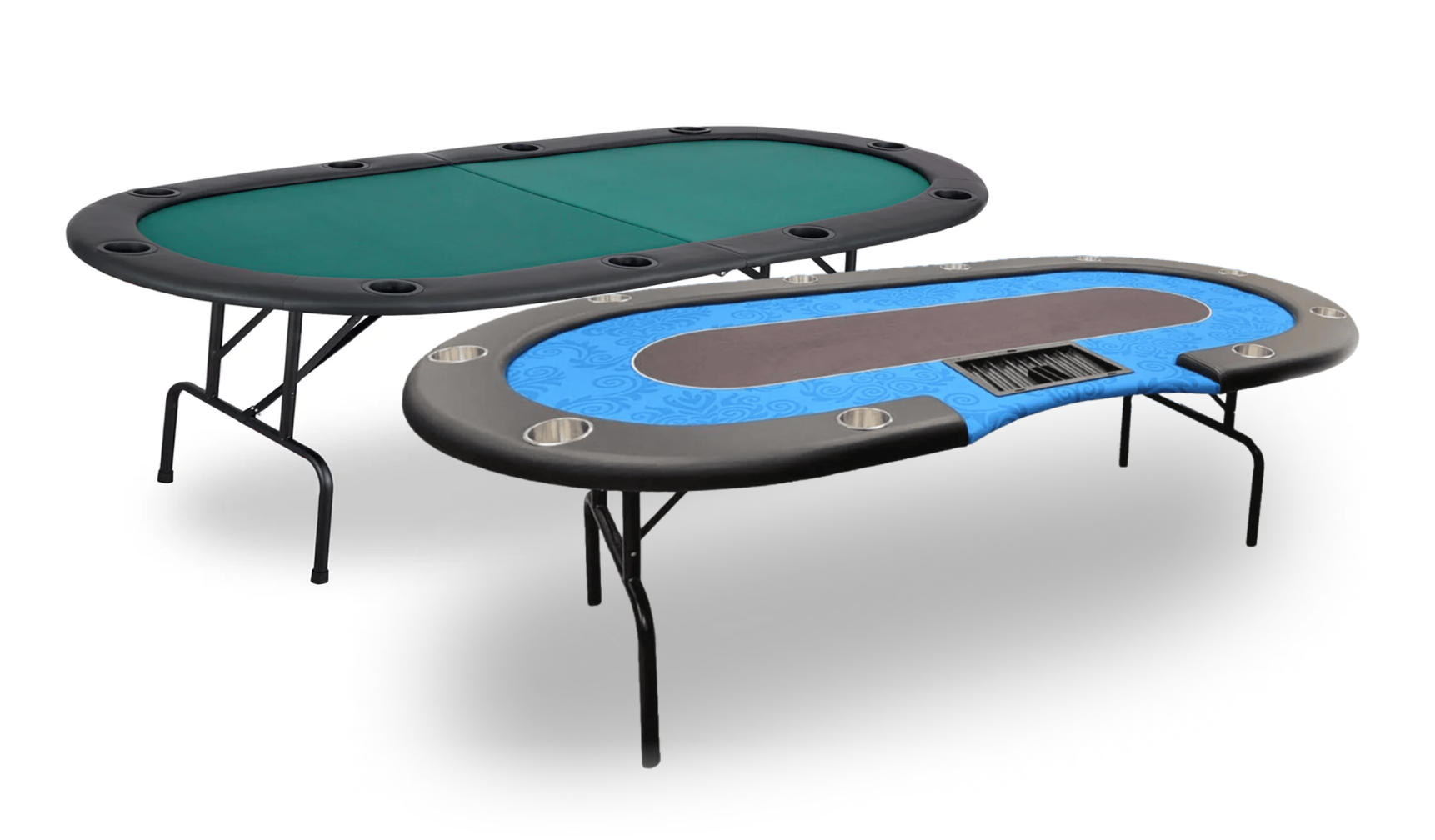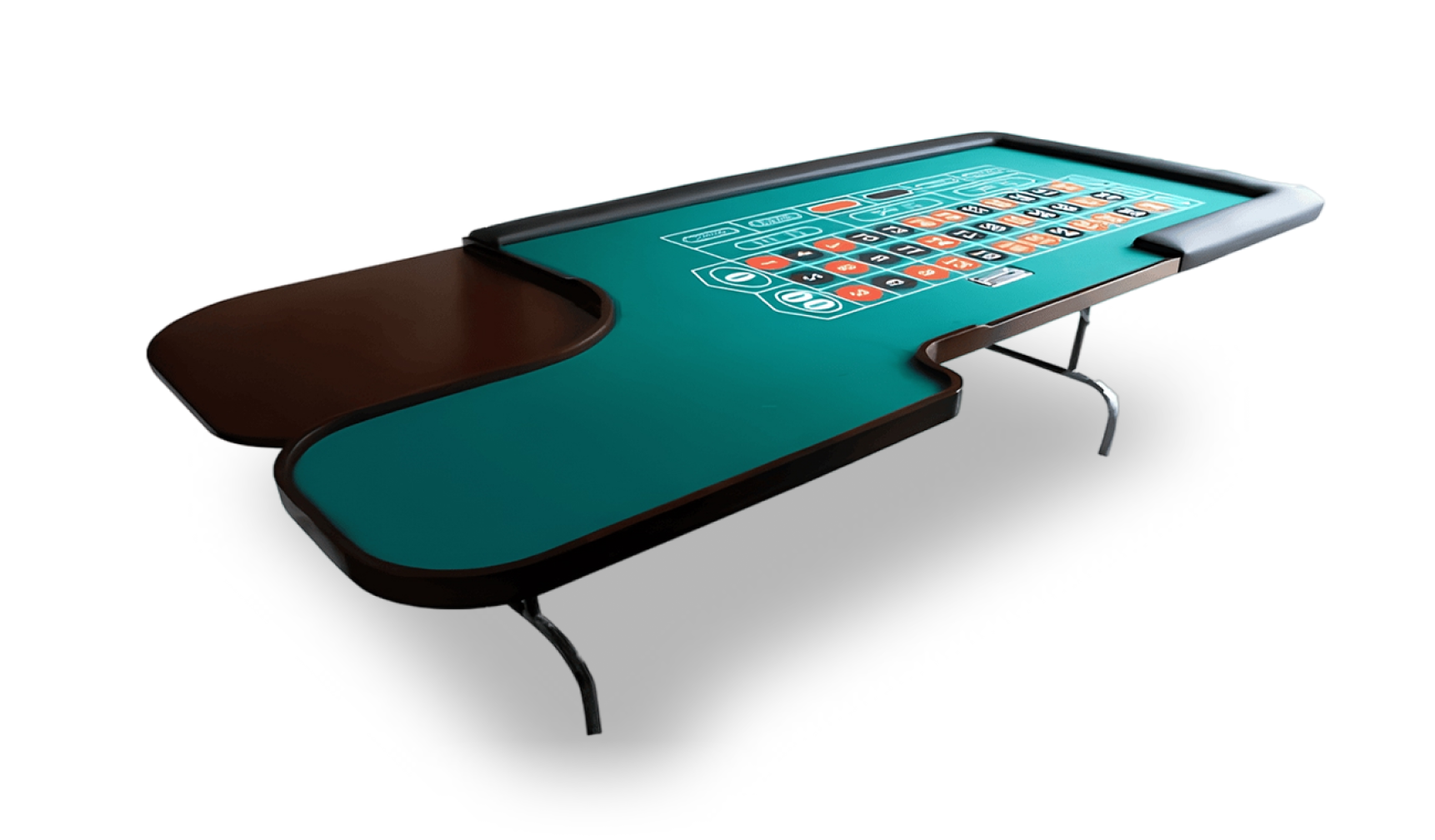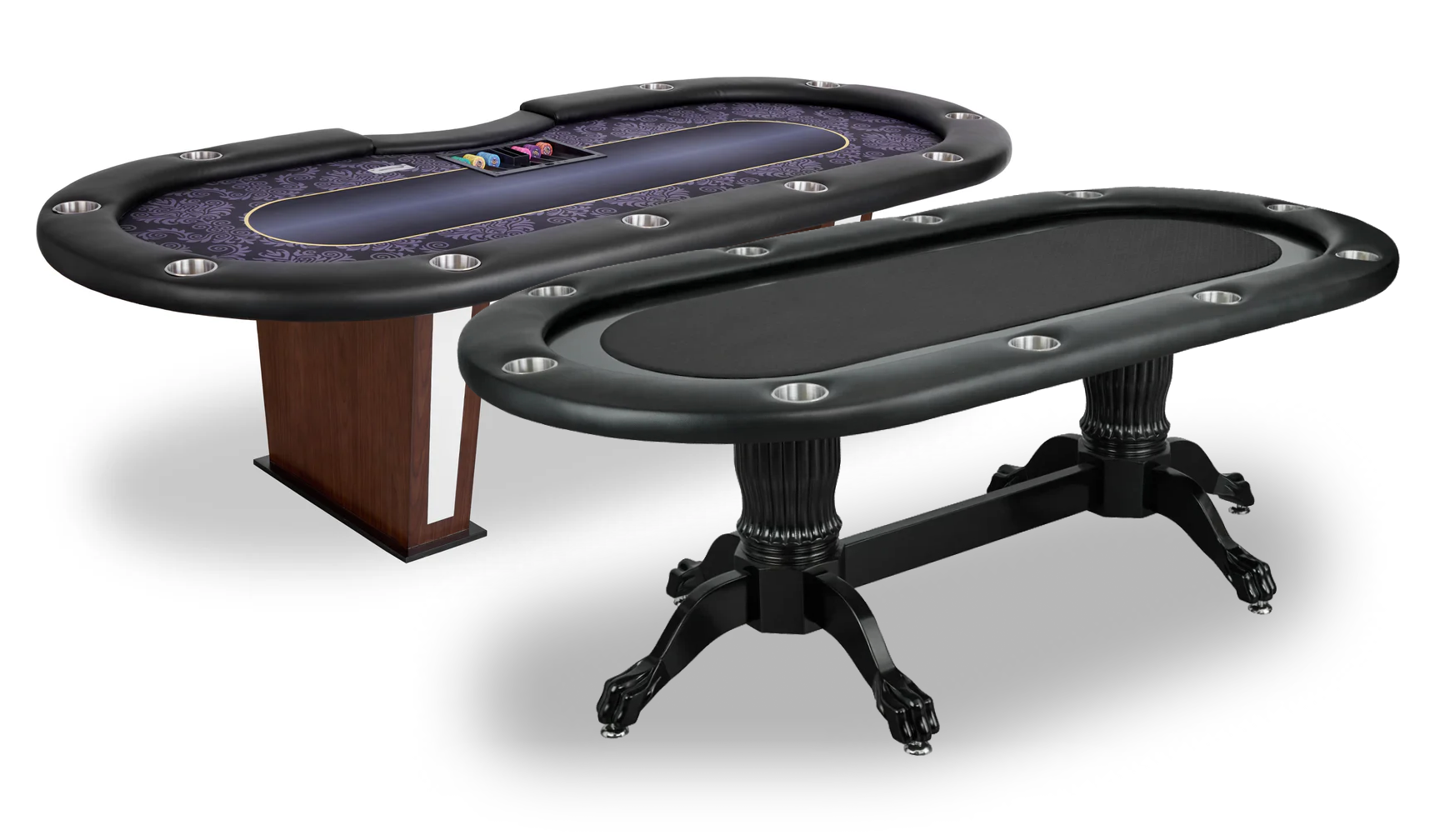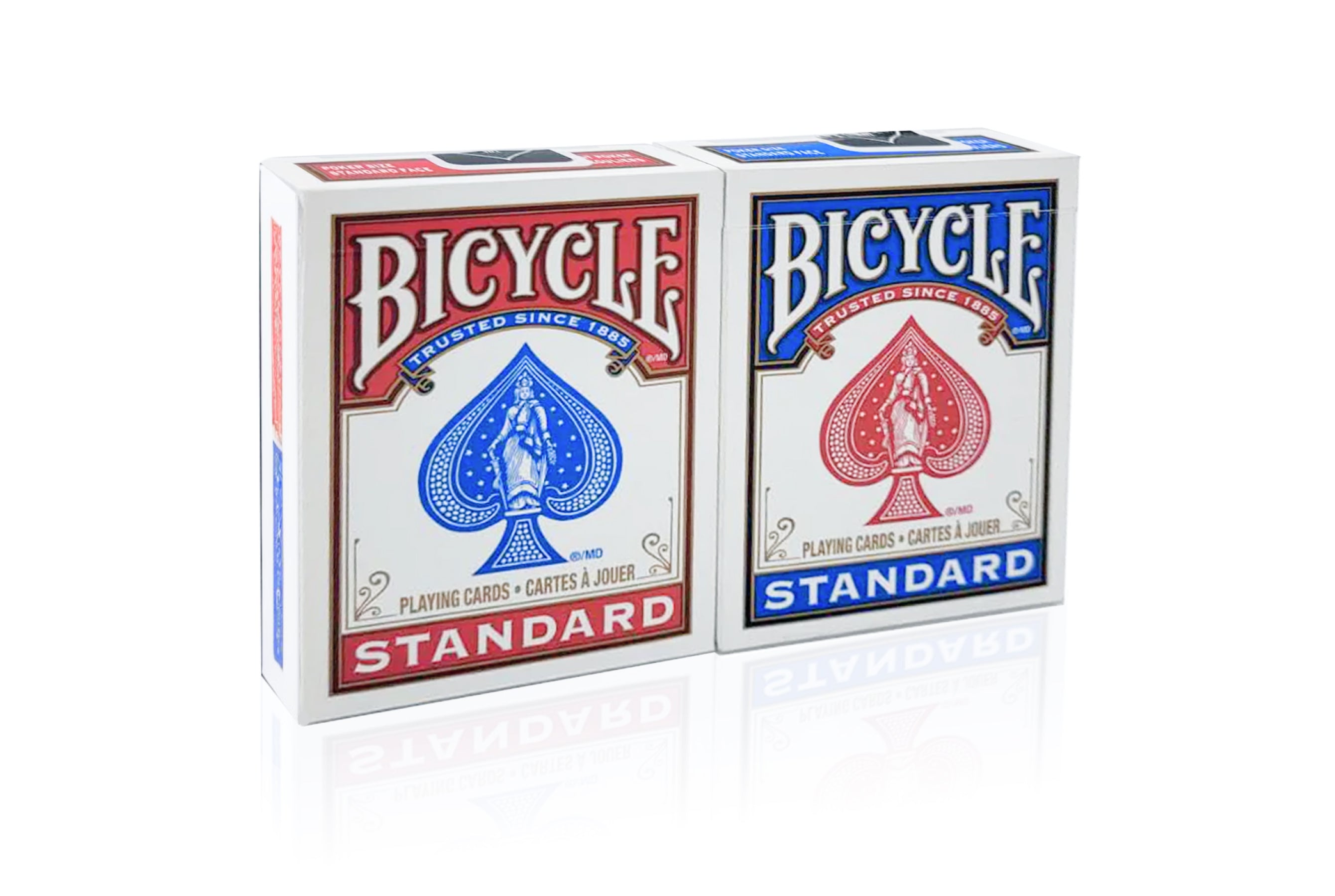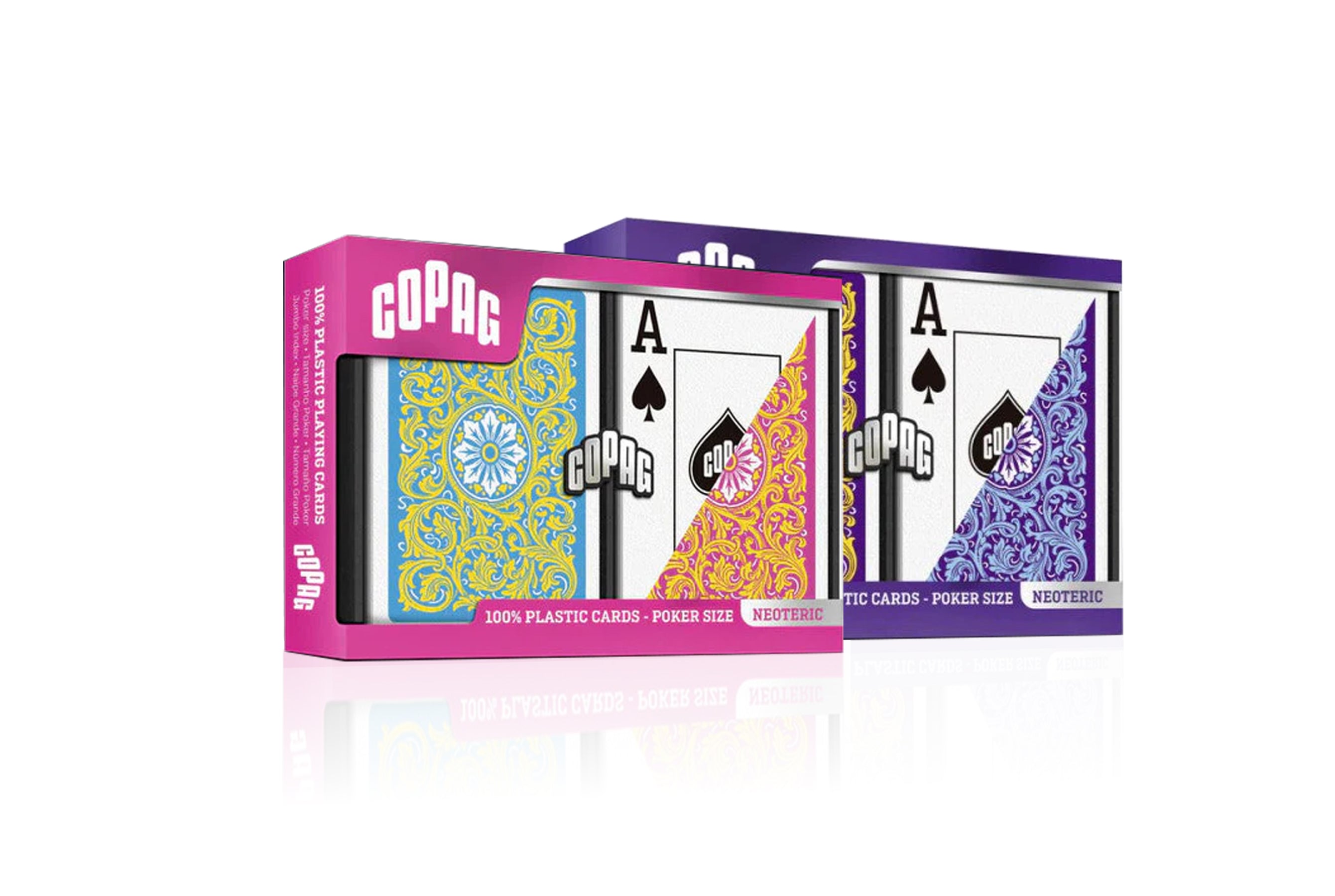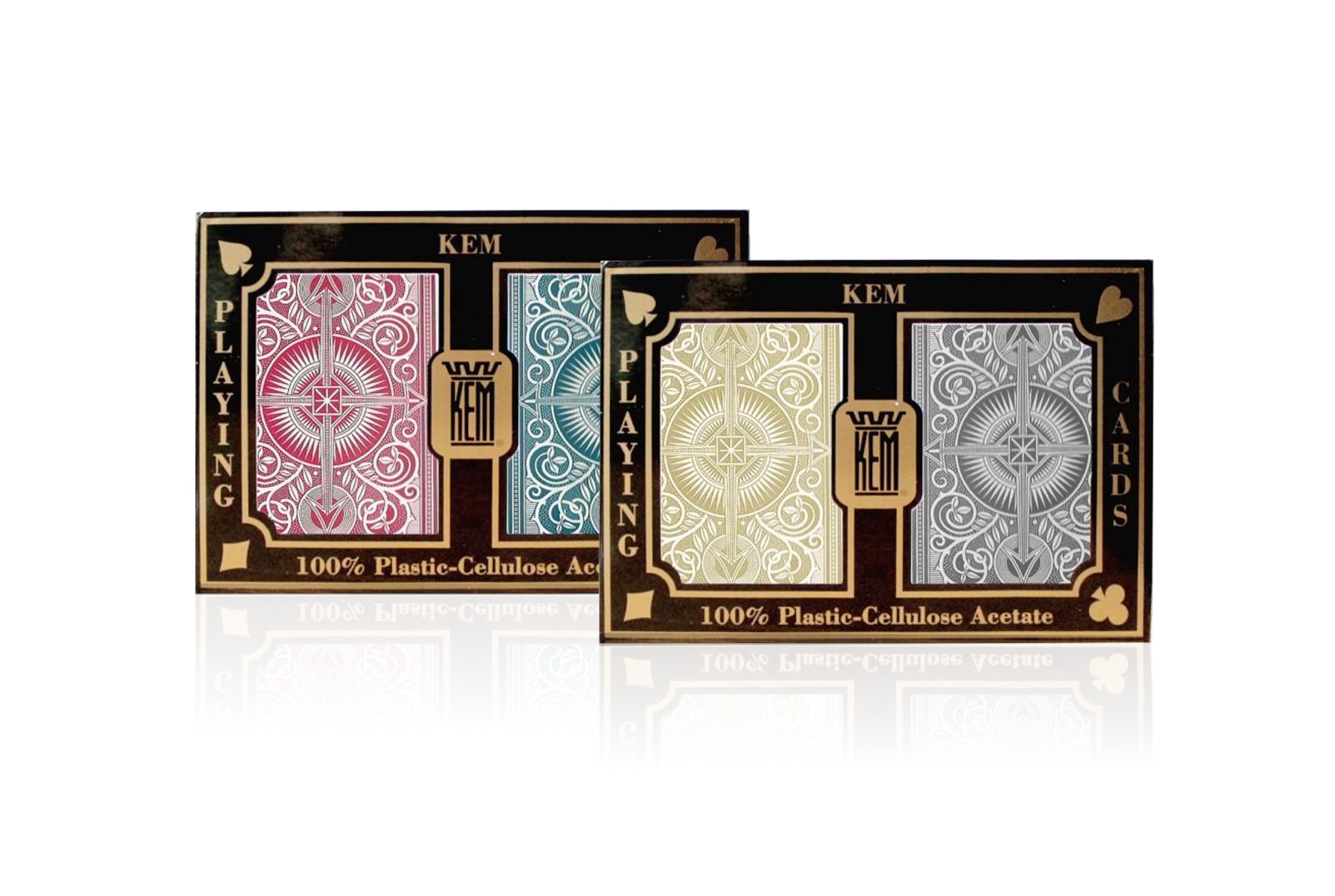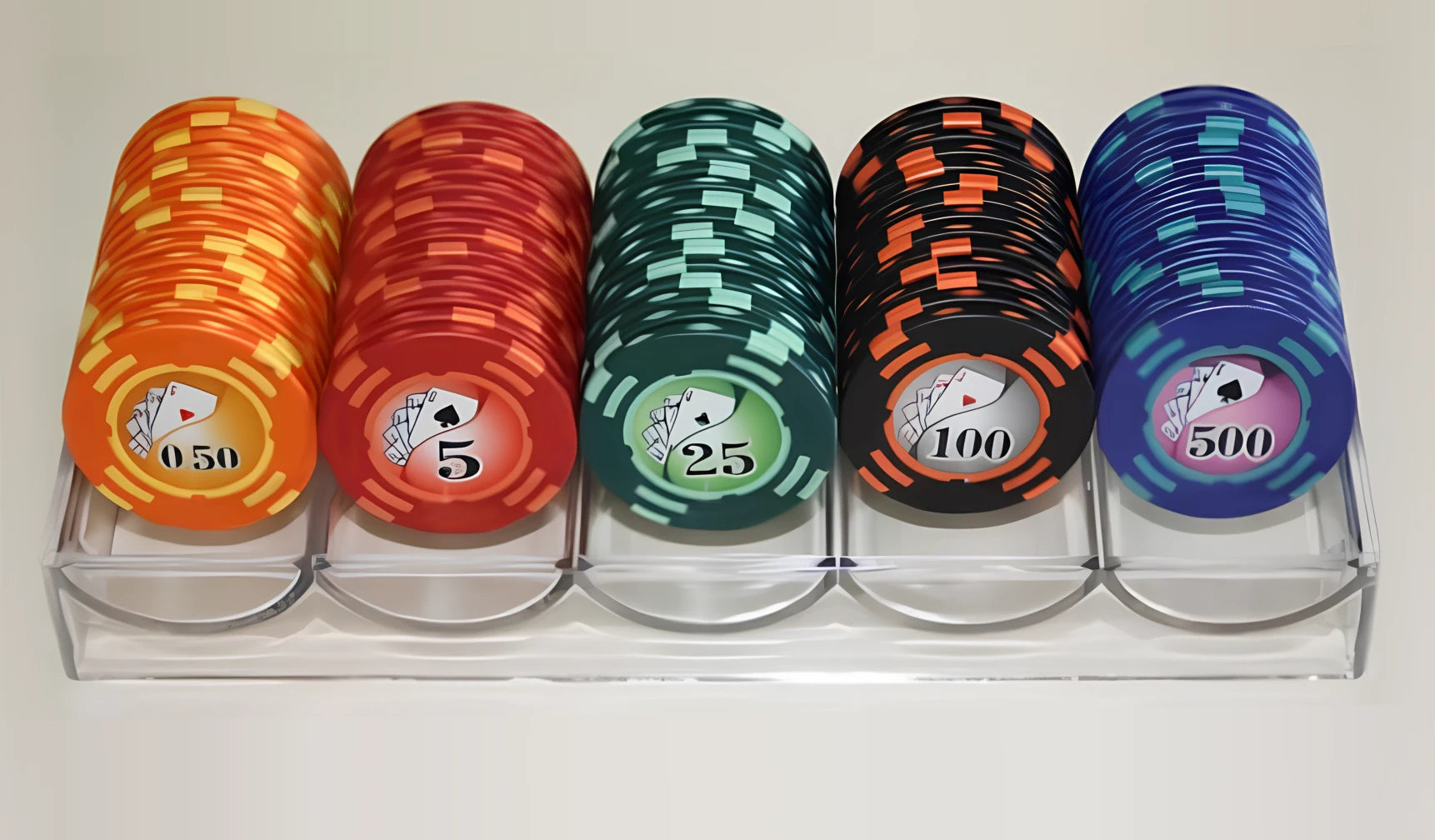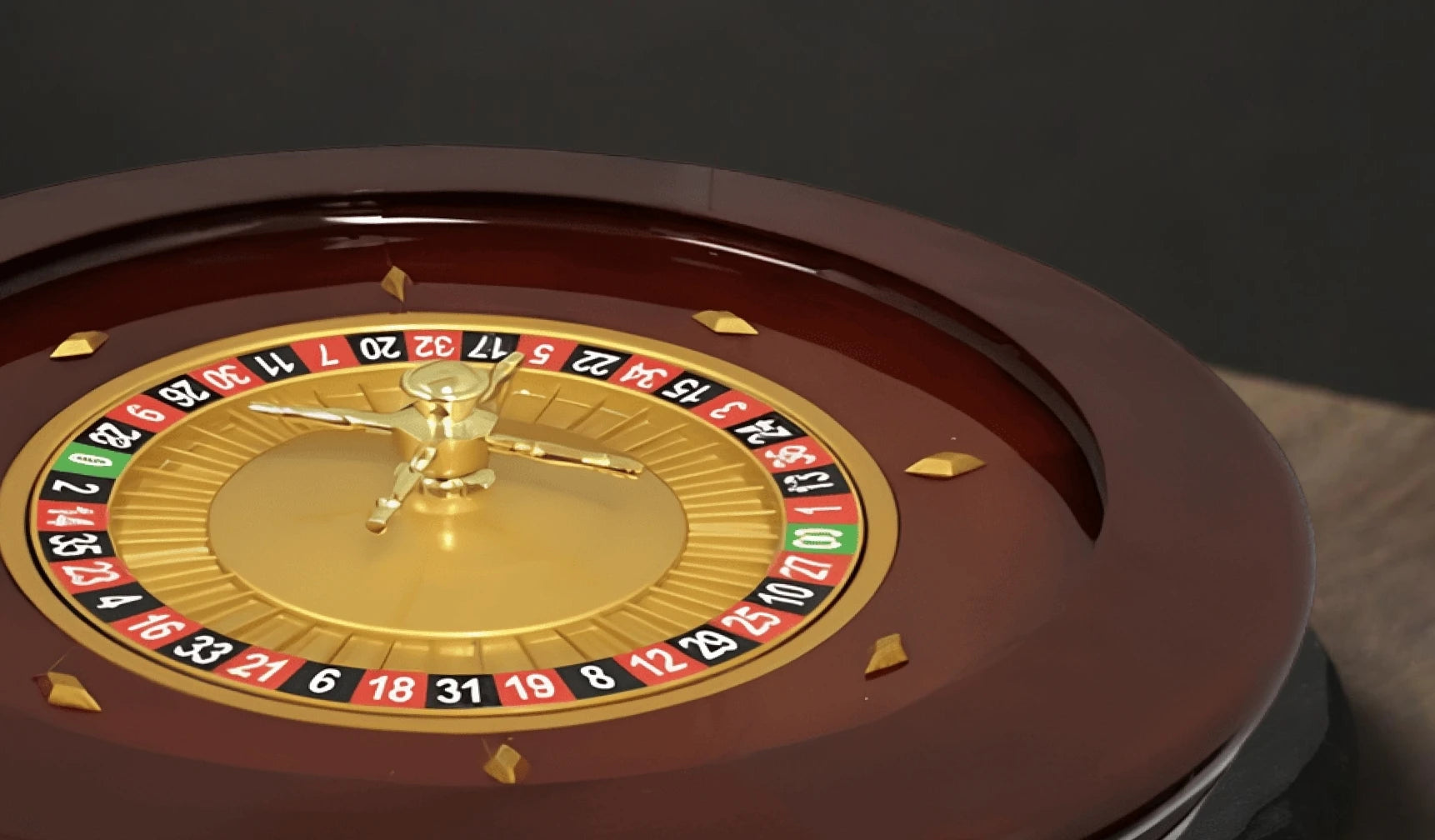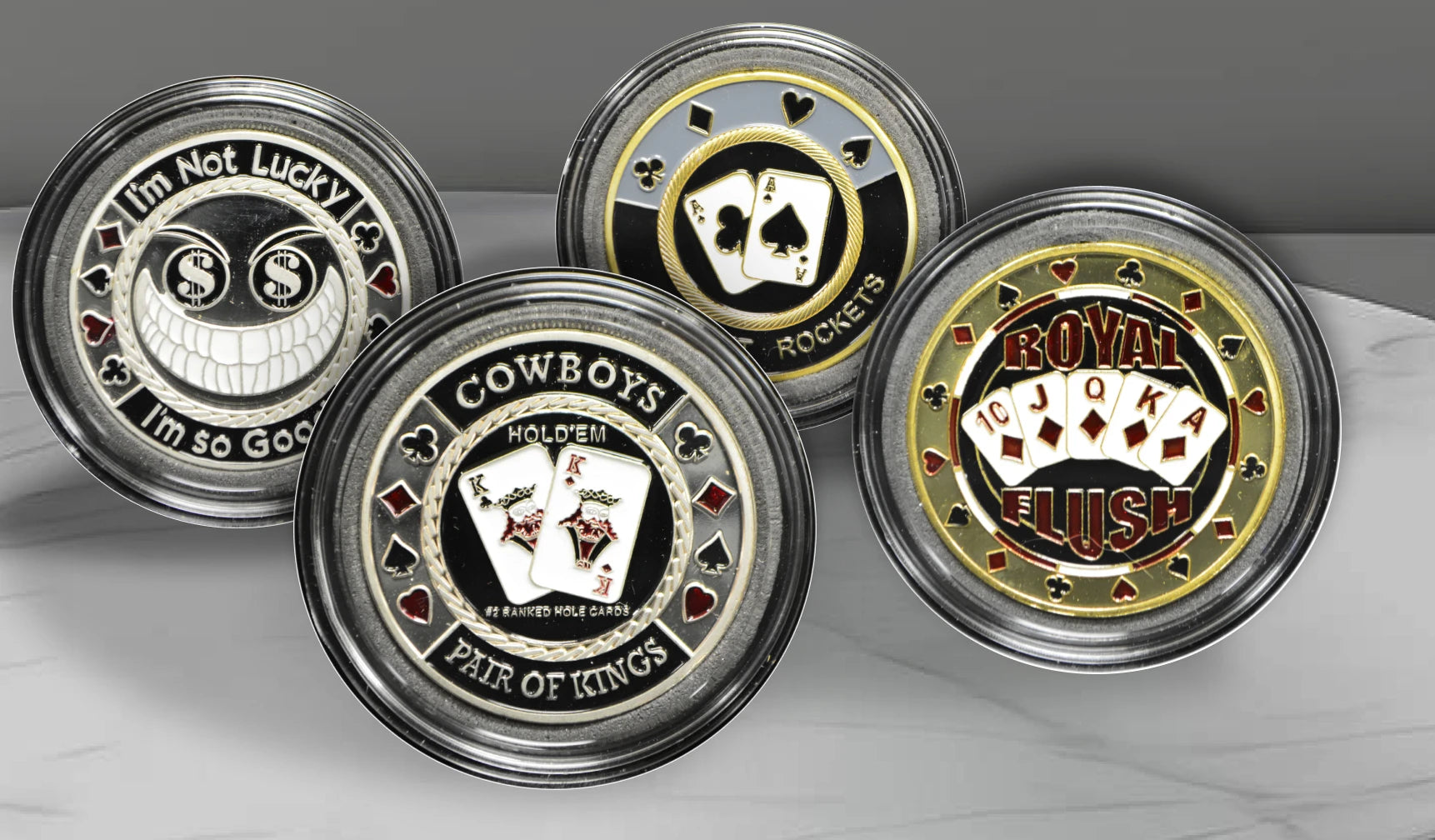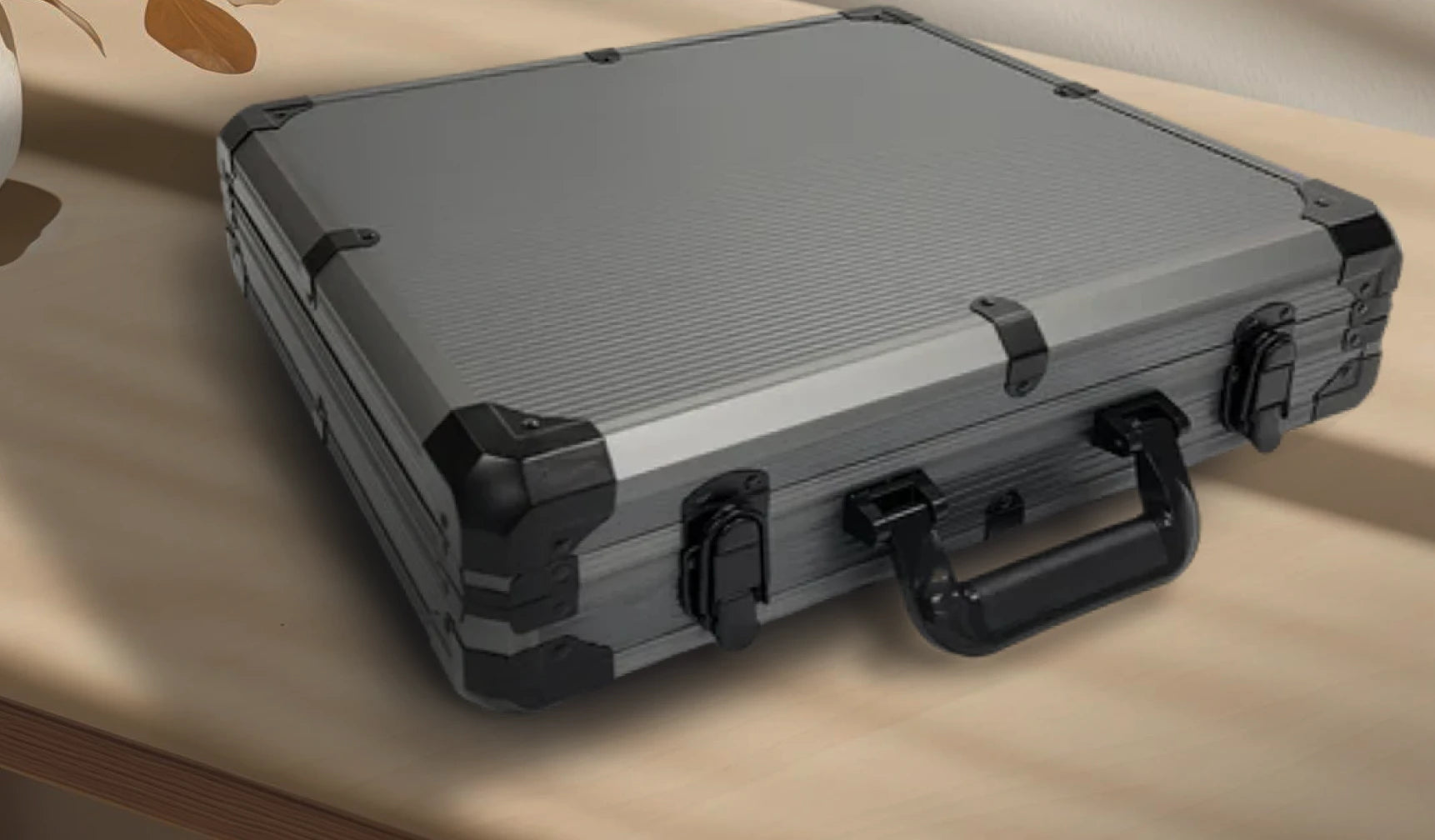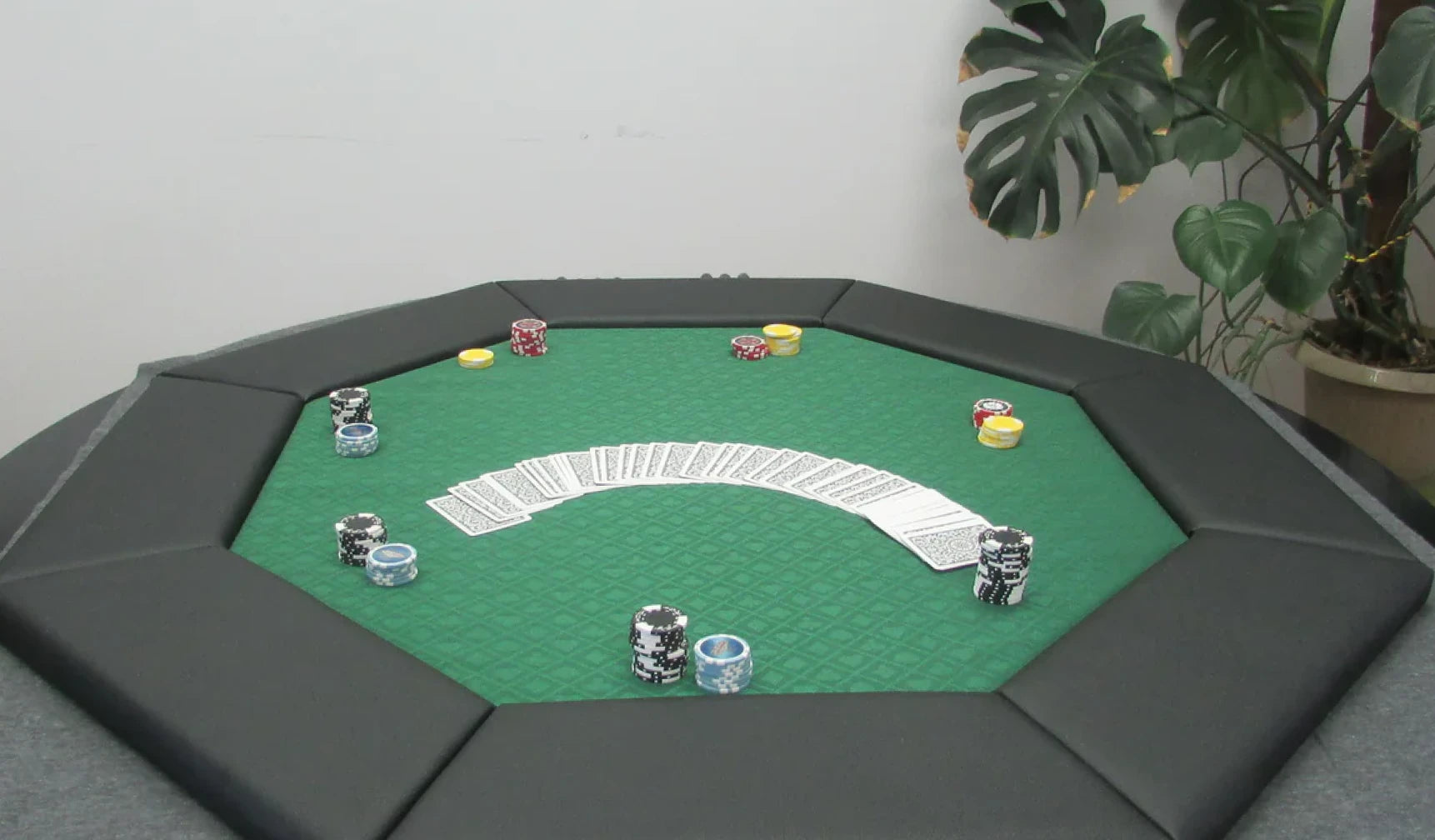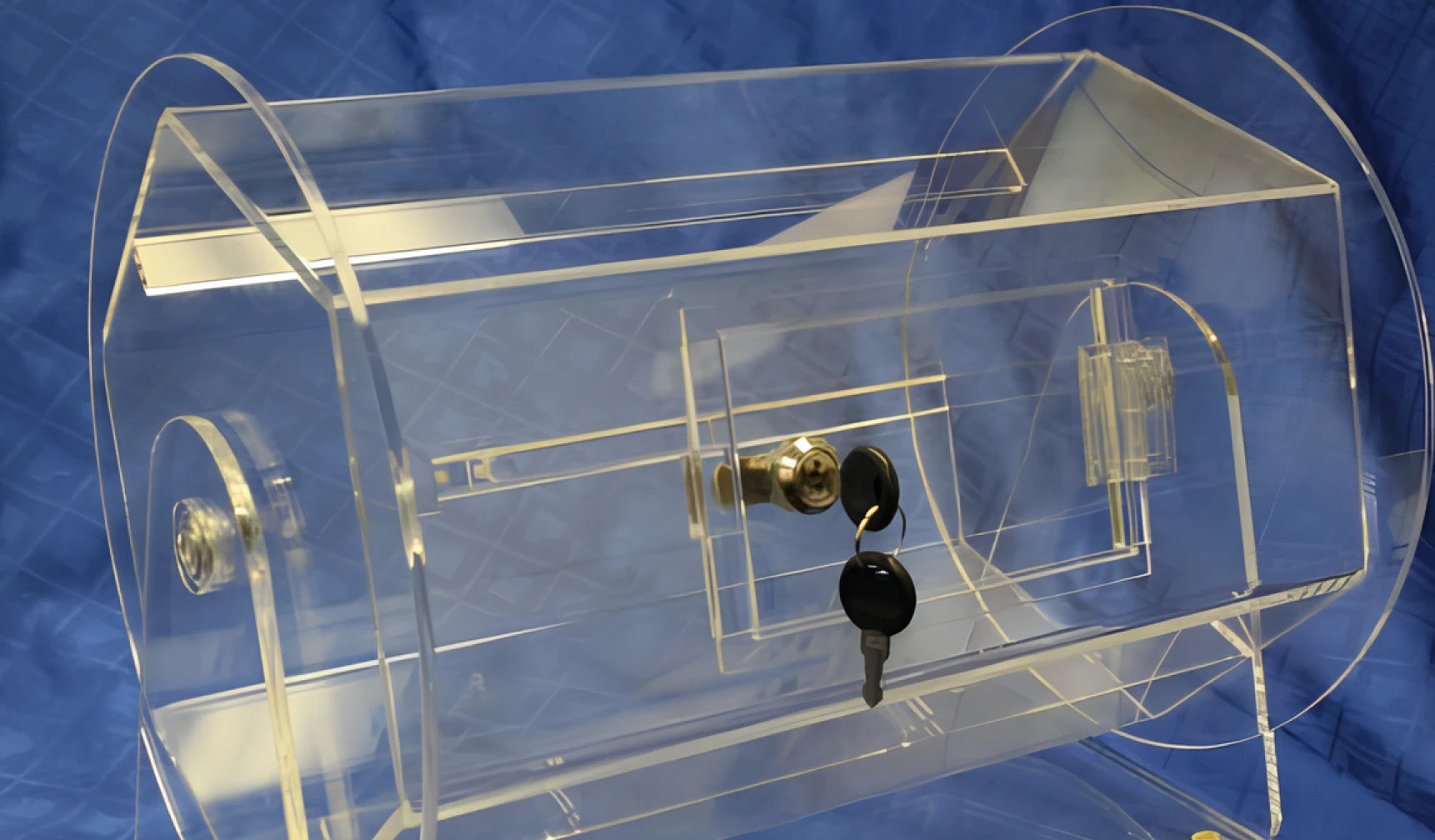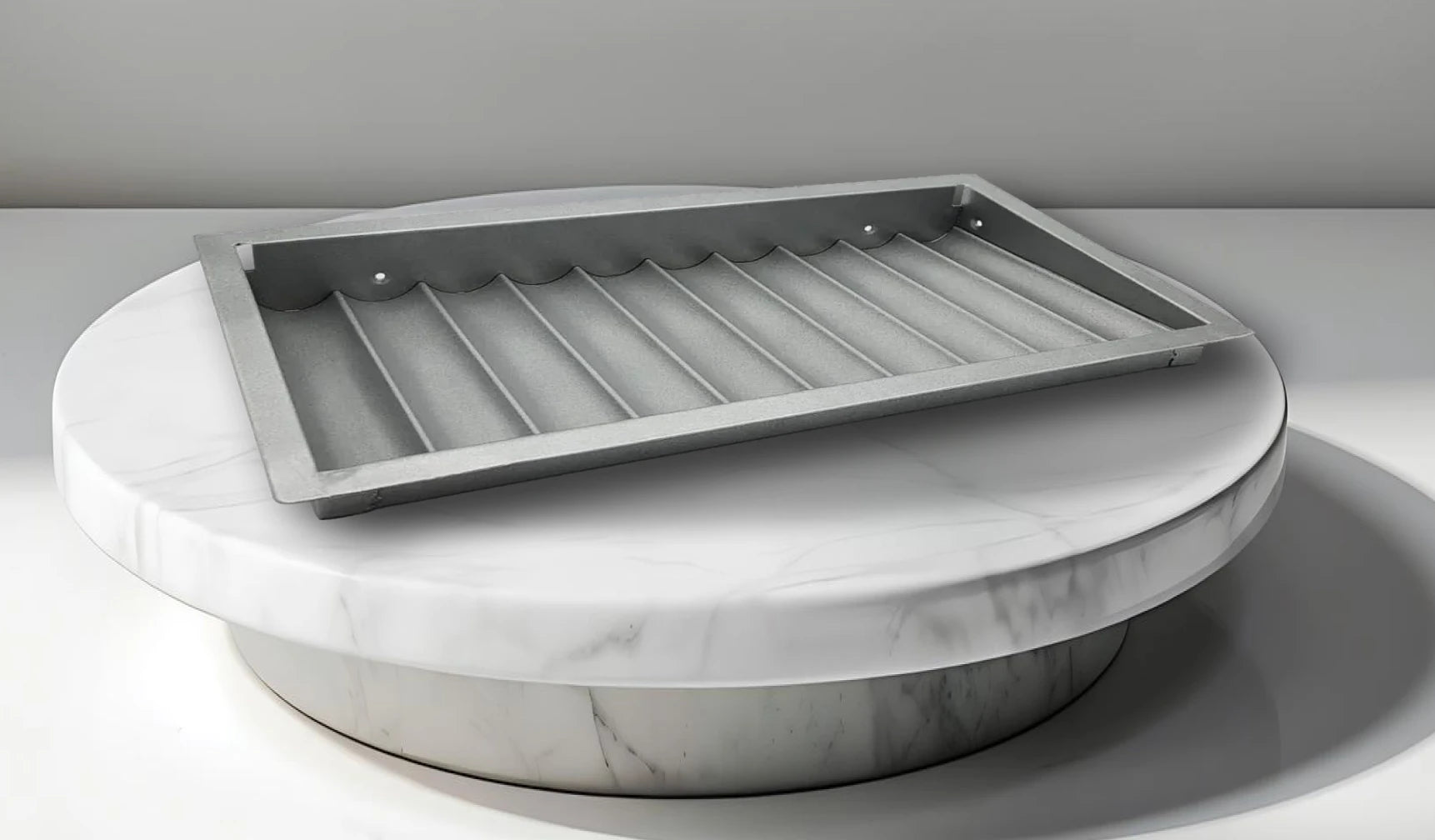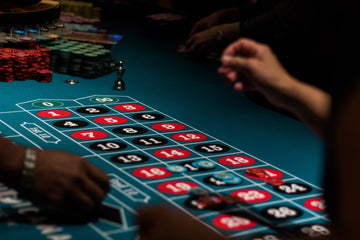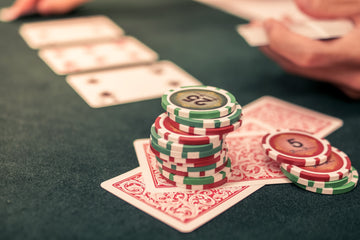Why Casinos and Players Prefer Poker Chips
Walk into any casino or high-stakes poker room, and you’ll notice one thing missing: cash. Instead, players stack, shuffle, and bet with colorful poker chips. But why? From the clatter of clay chips on felt tables to the psychological thrill of “playing with house money,” poker chips are far more than just substitutes for dollar bills. In this article, we’ll explore why casinos and players overwhelmingly prefer poker chips over cash—and how this unassuming token shapes the entire gambling experience.
1. Practicality: Streamlining the Game
Ease of Handling
Cash is cumbersome. Fumbling with crumpled bills slows down gameplay, especially in fast-paced games like Texas Hold’em. Poker chips, however, are uniform in size and weight, making them easy to stack, count, and move across the table.
Standardized Denominations
Casinos assign specific colors to poker chip values (e.g., 1=white, 5=red, 25=green). This system eliminates confusion over bet sizes and speeds up decision-making. Try splitting a 20 bill four ways in a blackjack game, and you will wee why chips rule.
Faster Transactions
Dealers can quickly calculate pots, payouts, and change with chips. In a cash-only game, settling debts after a hand would grind the action to a halt.
2. Security: Protecting the House and Players
Theft Deterrence
Cash is untraceable. If a thief grabs a $100 bill from a table, it’s gone forever. Poker chips, however, are worthless outside the casino. Casinos can track stolen chips (used in high-end establishments) and void them remotely.
Anti-Counterfeiting Measures
Modern poker chips include security features like UV markings, microdots, and proprietary molds. Counterfeiting cash is a federal crime, but fake chips are harder to produce and easier for casinos to spot.
Player Accountability
Chips create a clear record of bets and wins. Surveillance teams can review footage to resolve disputes, while cash transactions leave little evidence.
3. Psychology: The Mind Game of Chips
Detachment from “Real Money”
Studies show that people gamble more recklessly with chips than cash. Why? Poker chips act as a psychological buffer, distancing players from the tangible value of money. Tossing a $500 chip into the pot feels less painful than handing over five Benjamins.
Perceived Value vs. Reality
Casinos leverage chip colours and designs to manipulate perception. A single 1,000 platinum chip feels more prestigious than a stack of 20 bills, encouraging higher bets.
The “Play Money” Effect
Even seasoned players admit that poker chips make losses feel less consequential. This subtle mental trick keeps players at the table longer—and fuels the casino’s edge.
Why Players Love Chips
-
The Thrill of Stacking: There’s primal satisfaction in building (or destroying) a towering poker chip stack.
-
Status Symbols: A mountain of poker chips signals skill, luck, or both.
-
Customization: Home games often use unique poker chips to reflect personalities or themes.
Poker chips aren’t just colorful tokens—they’re carefully engineered tools that keep casinos profitable, games moving, and players hooked. By blending practicality, security, and psychological nuance, poker chips transform gambling from a financial transaction into an exhilarating experience.
Next time you shuffle a stack, remember: those little discs are the secret engine of every great poker game.

